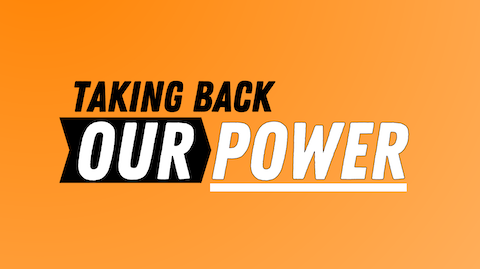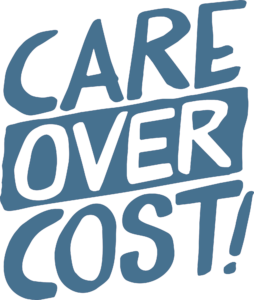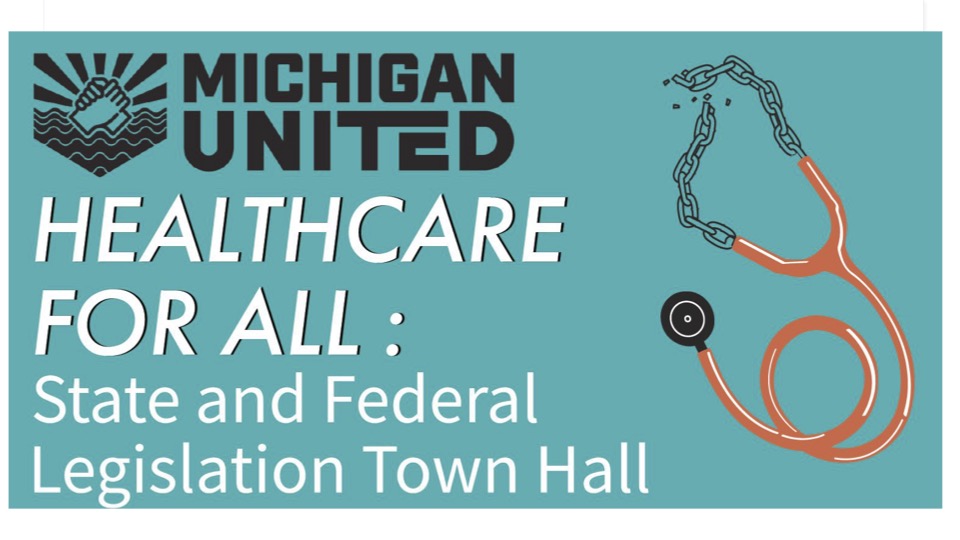
Talking MiCARE and Universal Healthcare at a Town Hall in Farmington Hills
Town Hall Pushes for Universal Health Care in Michigan
On September 27th, around 40 people gathered for a town hall at the Nardin Park United Methodist Church in Farmington Hills, to discuss the future of health care in Michigan.
The event focused on two major proposals aimed at making health care accessible to all: MiCare, a state-based health care plan introduced by Michigan State Rep. Carrie Rheingans, and the State-Based Universal Health Care Act, a federal bill from U.S. Rep. Ro Khanna.
MiCare: A Solution for Michigan
MiCare (HB 4893) was a key topic at the event. The proposal would create a single-payer health care system in Michigan, meaning the state would cover health care costs for all residents. According to Ryan Bartholomew, legislative director for Rep. Rheingans, MiCare would eliminate co-pays, deductibles, and coverage limits, which often make care unaffordable for many people.
"Everyone in Michigan would be covered, and no one would have to worry about out-of-pocket costs," Bartholomew said.
The plan also outlines how health care providers would be paid. Under MiCare, doctors and hospitals would be reimbursed at 125% of Medicare rates, a model designed to ensure fair compensation for medical services. The funding for MiCare would come from federal and state health care dollars, along with taxes, and would be managed by a bipartisan board.
MiCare promises to cover essential health services such as primary care, mental health services, dental care, and long-term care. It also addresses more specific needs, including gender-affirming care and care for substance use disorders.
The National Approach: State-Based Universal Health Care Act
While MiCare focuses on Michigan, the State-Based Universal Health Care Act introduced by Rep. Ro Khanna offers a national framework for states to create their own single-payer systems. This federal bill aims to clear some of the legal and financial barriers that states face when trying to launch their own health care programs.
One of the biggest challenges for state-based health care programs like MiCare is gaining approval from the federal government to use federal health care funds. Khanna’s bill would make it easier for states to do this, helping them redirect Medicare and Medicaid dollars into their own systems.
The idea of state-run health care systems is seen by some as a step toward a larger goal: a national single-payer system, often referred to as Medicare for All.
Health Care as a Human Right
Throughout the event, speakers emphasized that health care should be considered a human right. Dr. John Ross, a member of Physicians for a National Health Plan and Michigan for Single Payer Health Care, spoke passionately about the moral responsibility to provide care for all people, regardless of income or insurance status.
Ross pointed out that many Americans are forced to delay care, skip doses of medication, or go without necessary treatments because of the high cost of health care. He argued that a single-payer system, like MiCare or Medicare for All, would eliminate these financial barriers and ensure that no one is denied care.
"We need a health care system that treats health care as a public good, not a commodity," Ross said.
The Fight Continues
Chuck Pennacchio, president of One Payer States, participated in the town hall virtually from Washington, D.C. He stressed the importance of continued advocacy for universal health care, noting that the road to a single-payer system is long and requires persistent effort.
"We have to keep pushing," Pennacchio said. "The people of Michigan—and the entire country—deserve health care that works for everyone."
Although a federal solution like Medicare for All may be the most efficient way to deliver universal health care, many attendees agreed that states like Michigan can’t afford to wait for Congress to act. State-based initiatives like MiCare offer a way to start providing better health care coverage now, while also keeping the fight for a national system alive.
A Call to Action
The town hall event left many participants feeling inspired to continue their work in health care advocacy. Whether through MiCare or federal efforts like Rep. Khanna’s bill, the goal remains the same: to make sure everyone, no matter their income or employment status, can access the health care they need.
With about 500,000 Michiganders currently without health insurance, and many more struggling to afford their medical bills, the need for reform is urgent. As the speakers at the town hall made clear, the fight for universal health care is far from over—but progress is being made.
In Michigan and beyond, the push for health care reform continues, driven by the belief that health care is a right, not a privilege.
Ready to Do Something Now?
Join one of our projects!

Join "Taking Back our Power" and take a stand against money in Michigan politics
We are a coalition of working families in Michigan fighting to pass comprehensive state legislation to prevent regulated monopoly corporations and companies seeking government contracts from making political contributions. We can no longer let them buy their way out of accountability and drown out the voice of the people!
Join "Care Over Cost" and help us get people the healthcare coverage promised by their insurers
In Michigan and all across the country, our members are fighting individual care denials and are WINNING people the care they need--and paid fo! Together, we are working to transform our health care system to put Care Over Cost and people over profit.


Become a Relational Organizing Leader
Relational organizing is defined as “preparing & supporting people to bring the power within their existing relationships to affect change.” In actuality is it turning a contact into a conversation and then into a person empowered to create change where they live.
News & Media

June 11, 2025
Detroit, Immigrant Rights, Movement Politics, Protest, Statewide

June 5, 2025






